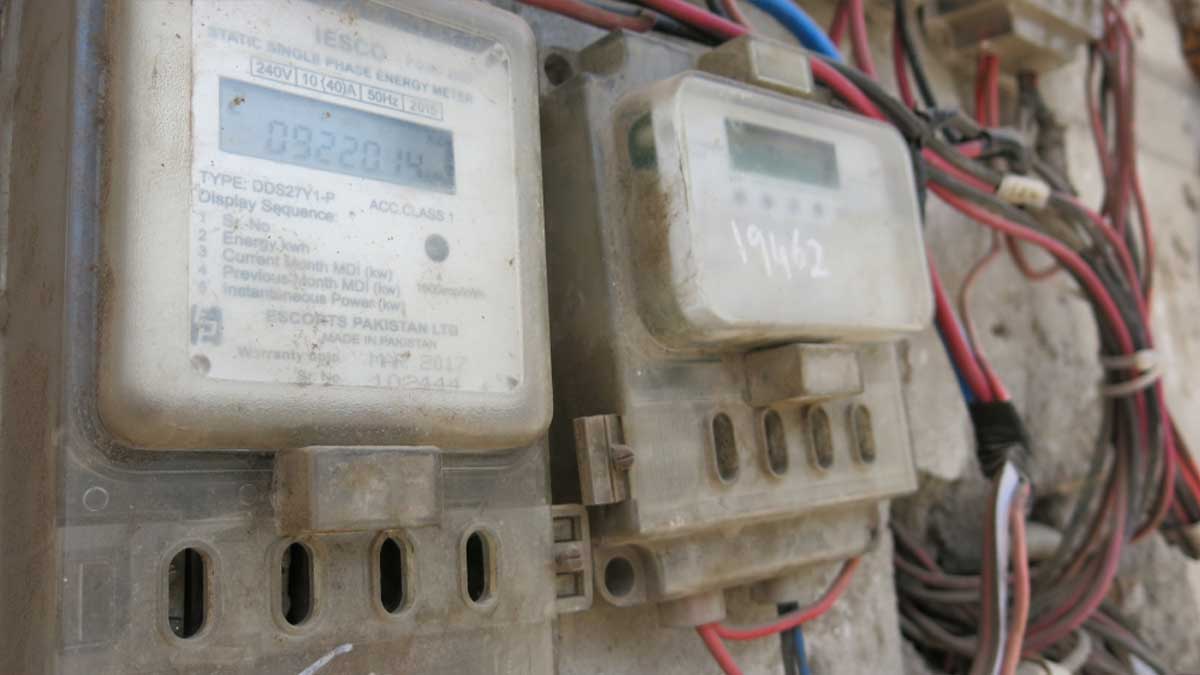The Circular Debt Management Plan (CDMP) would be presented to the federal cabinet during the current week for approval and implementation. The power sector circular debt would stay Rs 1.1 trillion by the end of the fiscal year 2023 against Rs 2.55 trillion (approx.) at present.
The average tariff is projected to be Rs 20.25 per unit by the fiscal year 2023 which is Rs 15.4 per unit now. According to Circular Debt Management Plan, there would be additional coal-based plants in near future and presently commissioned and under construction imported coal-based IPPs of about 5500 MW and Jamshoro-1 will be converted to Thar coal from the existing black 1 and 2.
Read more: IPPs unconvinced by govt plan for circular debt settlement
As such, there would be tariff saving expected through the economies of scale to reduce delivered coal price to $30 per ton from $50-60 per ton at present. The plan says to negotiate the existing coal pricing formula with the Sind government by removing dollar indexation on its return on equity.
The general sales tax billed by the IPP was around Rs 117 billion but GST billed to consumers was around Rs 202 billion that means extra general sales tax is going to the federal government. Removal of this discrepancy would have an 85 paisa per unit impact on consumer tariff.
The plan says that IPPs fuel charged with taxes is Rs 383 billion which comes to Rs 361 billion without taxes. It has been assumed that a revised commercial agreement with a power purchase agreement will be signed with K-Electric by June 2021, power consumption will grow by 4.5 % per annum, the gas moratorium will stay on captive plants, and an industrial support package involving discounts on incremental consumption will continue until October 2023.
The debt stock is likely to come down to around Rs 700 billion a few months through clearance of Rs 403 billion payments to IPPs. According to CDMP, it has been planned to buy 11 IPPs of 3300 MW capacity at a discounted value of about Rs 150-200 billion to finance through Sukuks and Pakistan Investment Bonds.
The biggest commitment has come from the federal government which is timely annual tariff rebasing and quarterly adjustments, AJK subsidy payments in June, and allocation of recovery gas of PHL and IPPs market payment surcharges in the coming budget.





















